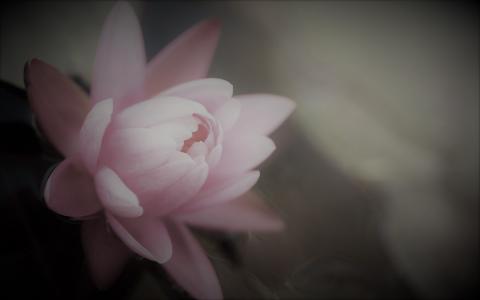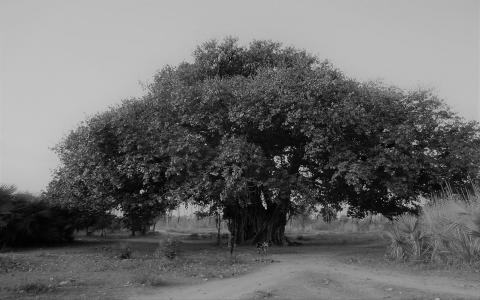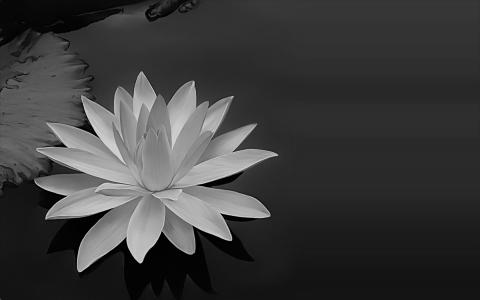
Art experience is essentially personal. It never demands external attestation. It differs from person to person, taking shape based on their attitude and saṃskāra. Poetic criticism, therefore, can never find consensus. There is a popular saying, “loko bhinnaruciḥ,” “tastes differ.” I’m afraid it is only half a statement. Here is the other half: to a certain extent there does exist a natural consensus among us. This is perhaps due to the common...

I am of the firm opinion that a devoted study of literature is ātmasaṃskāraka—it refines us from within. The poet reveals in a suggestive manner the extent of our desires, strengths, and frailties. His world is one full of natural splendour: its current cleanses our character, its sunlight helps blossom the flower of our heart and bring out its fragrance, a mere touch of its wind transforms our bones into iron posts. To bring about such a...

Poetry concerns itself with the activities of our inner world. It paints in a motion picture the blossoming of our heart. It sheds light on those aspects of human life—regardless of their significance—that generally escape our attention. The poet’s eye is a veritable camera lens that captures in minute detail the attributes of everything it focuses on. The mirror of his heart reflects those forms and features of objects toward which...
